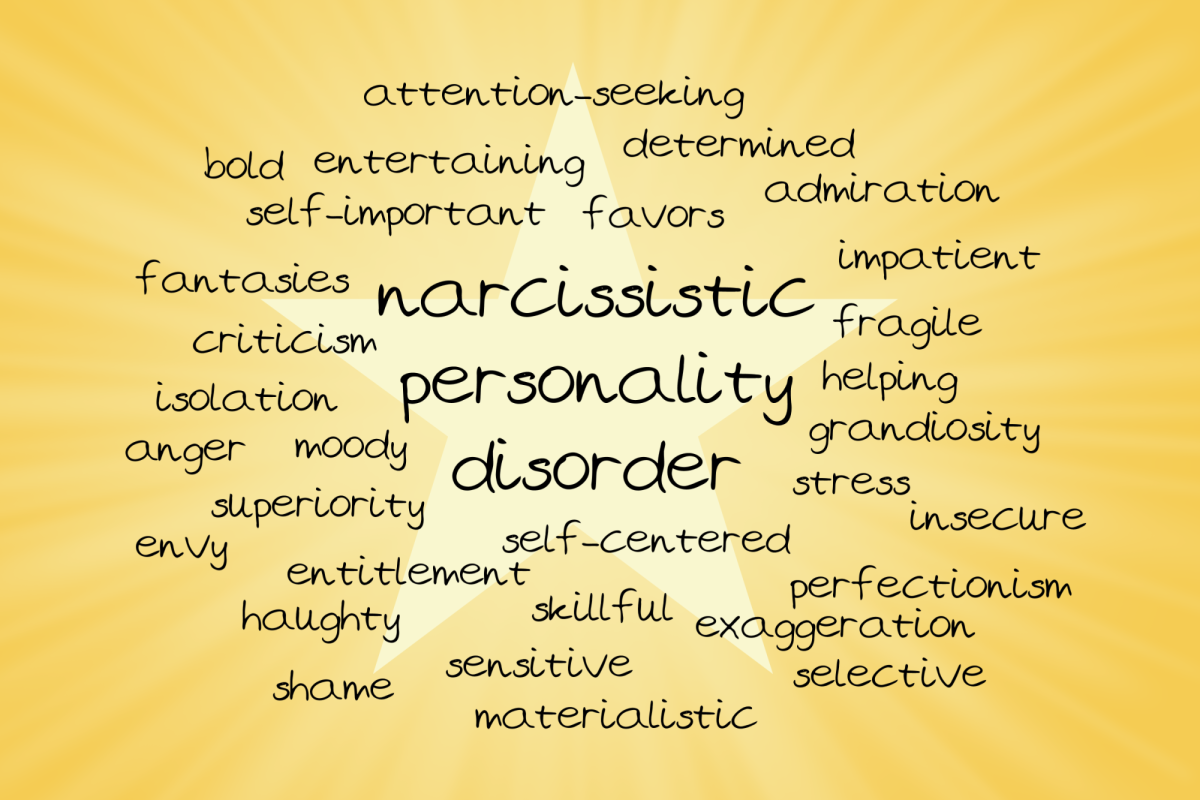Our brains try their best to process trauma, but sometimes that’s not enough; typically, it is recommended that we receive extra help. It’s important to acknowledge if a trauma response is actively harming you, or your close loved ones. Along with highlighting unhealthy coping mechanisms, six healthy alternatives will be presented.
If the following is accurate to your current situation, it is most likely harmful to you and is possibly adjacent to others around you. Behaviors such as violent or aggressive spasms of energy, lashing out, people pleasing, dissociation, substance, or alcohol abuse, yearning for approval, finding it too difficult to set boundaries, receiving a very short amount of sleep, and avoiding your feelings are only a select few examples of unhealthy coping mechanisms.
Your brain has tried its best, but it may no longer be serving its original purpose. Nevertheless, it’s not your fault, there are a variety of solutions.
Talking to a mental health professional
This is the most common recommendation to heal, and it’s the most effective. Primarily because you can tell your issues without judgment. They will inform you about the issue, and guide you to a positive approach to various traumas and disorders.
Breathing
Practicing different breathing techniques can reduce stress, anxiety, anger, blood pressure, and depression. This is due to breathing differently triggering relaxation, which calms the body down. The most effective breathing techniques are Box breathing, 4-7-8 breathing, and Belly breathing.
Distractions
If you’re dealing with a stressful situation, distractions are the best way for your brain to take a break from the chaos. Try engaging in activities you love, such as watching your favorite show, listening to calming music, or communicating with loved ones. Venting about the situation can make you feel better, and less alone.
Journaling
A diary or journal can also be a healthy way to manage your feelings. Challenging your feelings into writing can help with anxiety, stress, and depression. Writing down your feelings can help you recognize triggers and problems you might struggle with.
Art
Creating artwork, often in the form of vent art, can help you explore trauma and healthily manage your emotions. It reduces stress, anxiety, depression, and helps heal trauma. Art can be a very relaxing activity.
Sleep and diet change
The amount of sleep and the type of food you eat can significantly impact your mood. To get a better amount of sleep, take small steps like going to bed an hour or 30 minutes earlier than usual. You can also try to avoid using electronics at least 30 minutes before you plan on sleeping. This causes there to be less going on in your head when you try to fall asleep.
This slowly eases your body into more sleep instead of all at once. Eat less processed foods or foods, and more fruits, vegetables, meats, nuts, seeds, fish, and dark chocolate. These foods make you feel more energized and reduce symptoms.
Resources found on our campus
Room 212 is the Zen Den. This room offers many options from 8:00-3:30, such as one-on-one support, a spot to decompress, wellness activities, fidget toys, mini zen gardens, and sometimes empowerment groups and classroom presentations. You talk about your feelings, and you’re offered solutions.
To live a healthier life, find coping skills that help your mind heal. Such as talking to a mental health professional, breathing techniques, distractions, journaling, art, and changing your diet and sleep schedule. Try one of these coping mechanisms and see if you feel more stress-free and happier.









